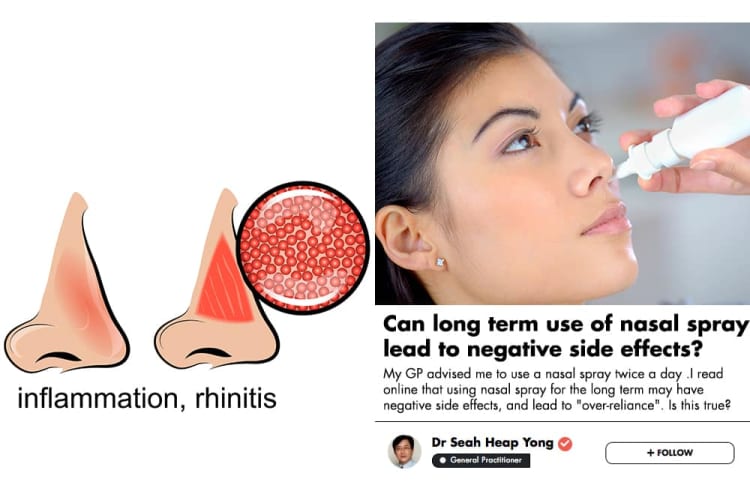Hello
Thank you for your question. Urticaria (hives) is a outbreak of superficial skin swelling with surrounding redness. It is usually very itchy and can last from hours to days. Urticaria can be classified as acute (less than 6 weeks in duration) or chronic (more than 6 weeks in duration).
For acute urticaria, it can be triggered by a few factors:
- Food allergy
- Drug allergy
- Virus infection
- Bacteria infection
- Vaccination
- Insect stings
The main treatment is with 2nd generation antihistamines (cetirizine/ loratadine/ telfast etc). You can continue to apply calamine lotion to the affected areas to help with the itch. Oral steriods can be used if you are not responding to antihistamines or if your condition is severe.
However you should consult a doctor to confirm the diagnosis first. All the best!
Regards,







